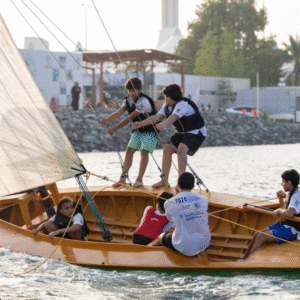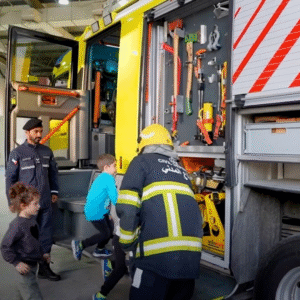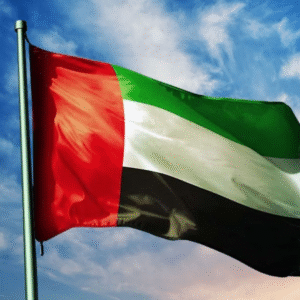A tragic incident unfolded in Makkah where 14 Jordanian pilgrims lost their lives, 17 others remain missing, and 6 fatalities have been attributed to severe heat conditions. This heartbreaking event occurred during the annual Hajj pilgrimage, one of the most significant religious gatherings for Muslims worldwide.
The Hajj pilgrimage draws millions of Muslims to Makkah each year to perform rituals that trace the footsteps of Prophet Muhammad. It is a time of spiritual significance and communal solidarity, where pilgrims from diverse backgrounds come together in worship and reflection.
The unfortunate deaths and missing individuals underscore the challenges pilgrims can face, particularly in the harsh environmental conditions prevalent in Saudi Arabia during the Hajj season. With temperatures soaring to 47℃ (approximately 117℉), the extreme heat can pose significant health risks, especially for elderly pilgrims and those with pre-existing health conditions.
Efforts are underway to locate the missing individuals and provide support to affected families. The Saudi authorities, alongside international assistance and support from Jordan, are coordinating search and rescue operations to locate the missing pilgrims and ensure the safety of all attendees.
Incidents like this highlight the logistical and humanitarian challenges associated with organizing and managing such large-scale gatherings. Despite meticulous planning and efforts to ensure safety, unforeseen circumstances such as extreme weather conditions can lead to tragic outcomes.
The global Muslim community mourns the loss of these pilgrims and extends heartfelt condolences to their families and loved ones. This incident also prompts reflections on the importance of preparedness, safety protocols, and support systems to mitigate risks during large religious gatherings.
In response to such tragedies, there is often a renewed focus on improving infrastructure, emergency response capabilities, and public health measures to enhance pilgrim safety. Authorities continually review and update protocols to safeguard pilgrims’ well-being and manage the complexities of hosting millions of visitors in challenging environments.
As investigations into the incident continue and efforts to locate the missing pilgrims intensify, the incident serves as a somber reminder of the vulnerability inherent in undertaking religious obligations amidst challenging conditions. It underscores the need for ongoing vigilance, compassion, and solidarity within the global Muslim community and among all those involved in organizing and supporting pilgrimages like the Hajj.









